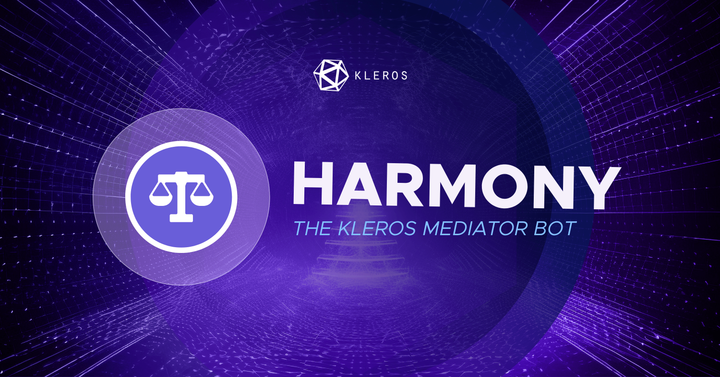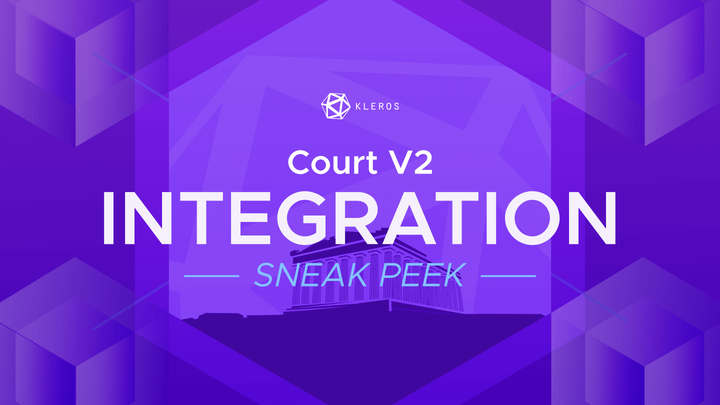Launching Dispute Revolution: Revised and Augmented Edition
We are proud to announce the launch of the Revised and Augmented version of the Kleros Handbook of Decentralized Justice.
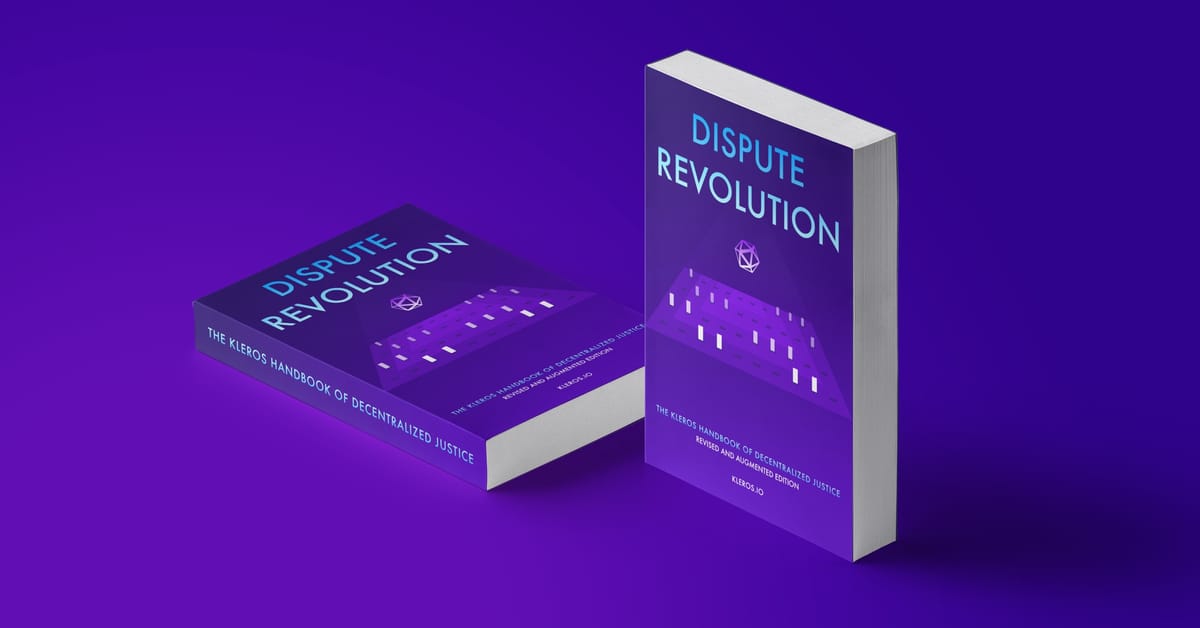
When it comes to civic innovation, writing software that works is only half the challenge. The other half is about convincing people that it can work.
Download the book in you preferred format!
EPUB
MOBI
A key part of our work at Kleros is clearly articulating and communicating our vision for the future of courts, arbitration and, generally speaking, dispute resolution.
It was in this spirit that we published Dispute Revolution: the Kleros Handbook of Decentralized Justice in March 2019.
Our goal was to provide readers with a one stop shop for a full account of the different aspects of the emerging field of decentralized justice, a place to learn about the history of the discipline, about cryptoeconomics, legal implications, business opportunities and the ever growing number of use cases that can be addressed by this novel approach to dispute resolution.
The first edition of our book organized our work into a six chapter structure. As the dynamic structure of this exciting field makes advances in a rapid pace, so must our book follow these evolving trends.
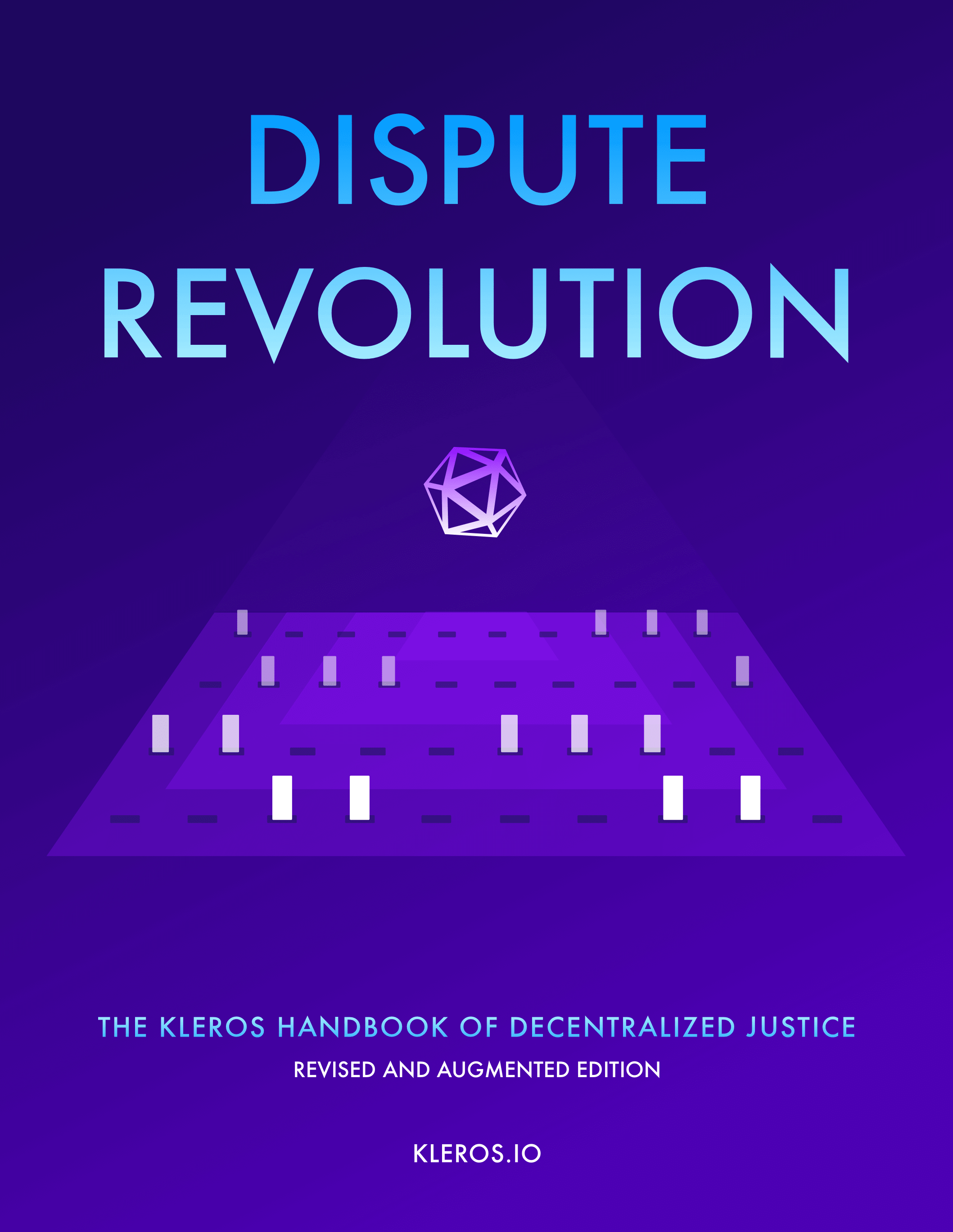
This revised and augmented version builds upon the structure of the first edition and contains some much needed updates.
In order to facilitate a wholesome look at our work at developing the academic field and the industry of decentralized justice, we expanded on both theoretical and practical tenets of Kleros.
From envisaging Kleros as a Supreme Court for the Internet, debating arbitration in the age of algocracy to the implications of collective intelligence and machine learning in the context of dispute resolution, the new edition maintains a broad look at how Kleros fits in the evolution of the legal industry.
Additionally, the augmented version of our book contains the Library of the Kleros Fellowship of Justice, which presents all the hard work done by our Fellows researching use cases of decentralized justice in the real world. Of course, no improved edition would be complete without the latest research updates and the presentation of the development of our platforms and applications.
This book represents the result of painstaking research into the underlying concepts of decentralized justice. It is an attempt to share our vision and motivate the right minds to think about the future of the legal industry and law as a whole. The world is rapidly changing and law will have to adapt to this rising tide.
We welcome you to a brave new edition of the Dispute Revolution and hope that this book will be a fine guide to you into this nascent and fascinating field.
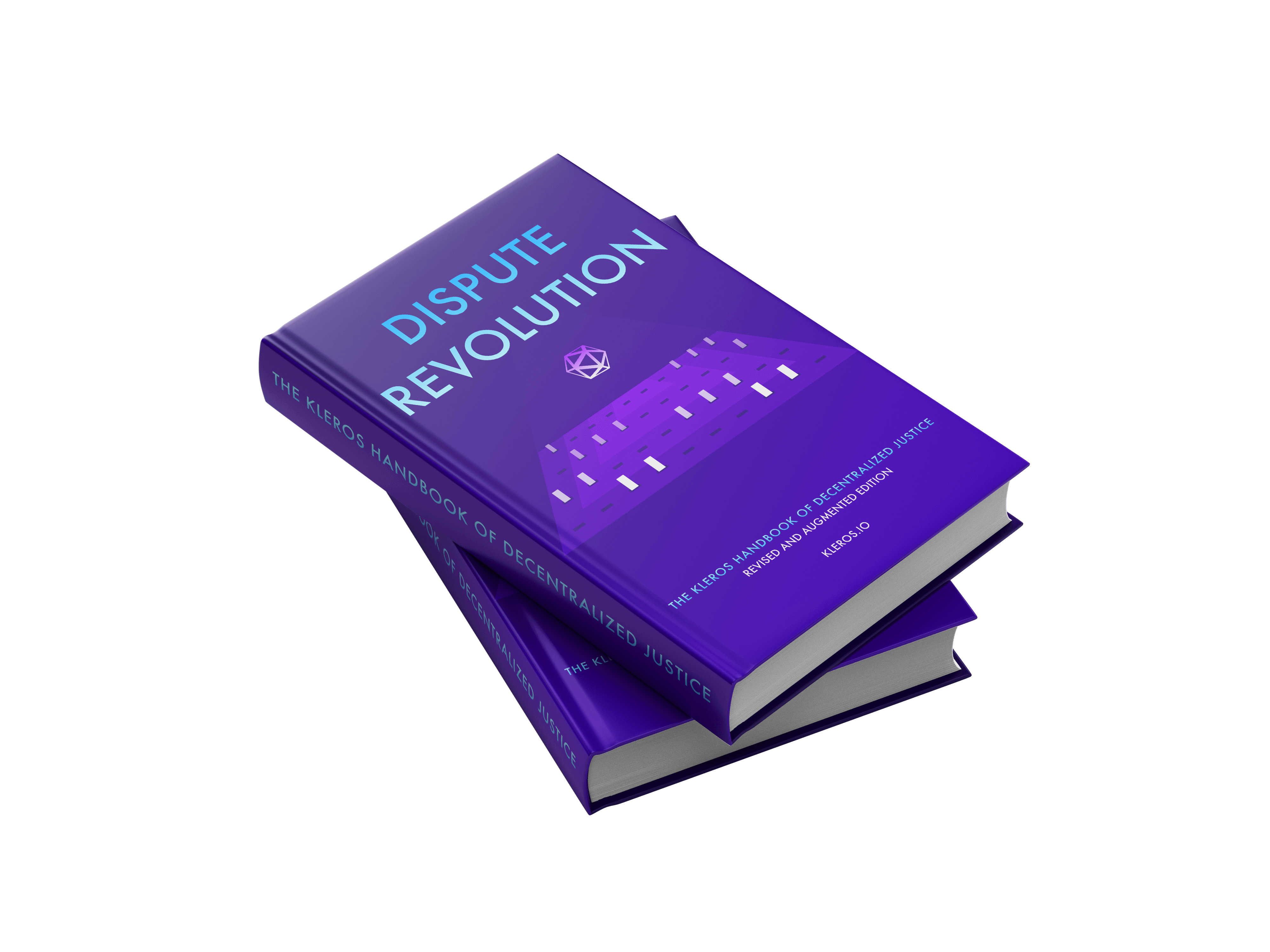
Summary
Chapter 1. Genesis: When Greek Lotteries Meet Medieval Private Law.
The first chapter presents the two historical tenets on which Kleros’ technology is envisaged. Through in-depth interviews with three political scientists, Josiah Ober, Peter Stone and Barry Weingast, we explore the roots of decentralized justice in Athens, in medieval Europe and how sortition fits into the tradition of Western political thought. Lastly, We implement these principles in thinking of Kleros as a potential Supreme Court of the DAOs.
Chapter 2. Kleros Cryptoeconomics: Towards a Theory of Decentralized Justice.
This chapter is about the technology behind Kleros. In it, experts on game theory, such as Hebrew University professor Eyal Winter and our cryptoeconomic researcher William George try to bring these concepts closer to the layman reader. It also consists of our latest research into social choice theory, different choices of voting mechanisms and their potential impact on Kleros. The remainder of the chapter focuses on helping expand the knowledge base of our expert audience by sharing our experiences with smart contracts, oracles, as well as presenting proposals for Ethereum standards (or ERCs) and the basic policies on which Kleros is built.
Chapter 3. Decentralized Justice in Action: From Doges on Trial to the Token Curated Registry.
From an in-depth analysis of the "Doges on Trial" experiment, early lessons from the implementation of our T2CR to a wide look at what has been learned about attack vectors, juror behavior and the foundational cryptoeconomics, this chapter has it all. In the second edition, the chapter is expanded with latest insights into the so-called ‘challenger’s dilemma’ and the experiment we undertook comparing artificial and collective intelligence in the context of Doges on Trial.
Chapter 4. Dispute Revolution: A New Justice Paradigm in an Old World.
The fourth chapter deals with the implications this technology might have for law and society. By sharing their experiences in online dispute resolution and research on blockchain law, industry and thought leaders such as Gillian Hadfield, Kate Sills and former Vice-President of the Ugandan Law Society, Alice Namuli give their opinion on how Kleros and decentralized justice might affect the future of law. A veteran international arbitrator, Sophie Nappert gives us a fantastic insight into the rise of algocracy and how humans can respond. In this chapter, particular care is taken to analyze the most critical points of any arbitration system - fairness and compatibility with existing legal frameworks.
Chapter 5. The Business of Decentralized Justice.
Thinking about the way legal business is going to develop and change in the coming years is of extreme importance for us. By bringing in decades of experience in future-centered thinking through conversations with Joe Raczynski, Thomson Reuters resident legal futurist, Colin Rule, the creator of eBay and PayPal’s dispute resolution systems, the author of the seminal book Digital Justice, Orna Rabinovich-Einy, Accord Project founder, Peter Hunn and legal design expert José Torres, we discuss the opportunities and hurdles in building new legal systems for the 21st Century. As added flavour, our Design Lead, Plinio Braga gives us unique, practical insight into designing novel legal applications.
Chapter 6. Scaling Up: The Applications of Decentralized Justice.
This chapter focuses on the use cases of Kleros, where we combine the vision and practice to define the key ingredients which will make Kleros the dispute resolution system of the future. Experts from different fields present their research into Kleros as a solution for a plethora of use cases, ranging from decentralized freelancing, marketplaces, gas, energy markets and derivatives trading to fake news, social media and online gaming. This chapter also presents some of our coming platforms, as well as existing ones in the context of creating a thriving dispute resolution ecosystem.
Finally, in the second edition of our book we added The Library of The Fellowship of Justice, which presents all the hard work done by our Fellows on researching and exploring the horizons of decentralized dispute resolution.
Contributors
- Federico Ast, CEO, Kleros
- Luis Bergolla, Doctoral Law Student, Stanford
- Plinio Braga, Design Lead, Kleros
- Nicolas D’Agnillo, Financial Analyst, JP Morgan
- Rossana Deplano, Lecturer in Law, Leicester University
- Daniel Dimov, Dimov Internet Law Consulting
- Primavera de Filippi, Researcher, CNRS, Harvard Law School
- William George, Research Lead Kleros
- Gillian Hadfield, Lecturer, University of Toronto
- Peter Hunn, Founder, Clause.io, Accord Project
- Stuart James, Operations Lead, Kleros
- Clément Lesaege, Chief Technology Officer, Kleros
- Damjan Malbašić, Communications Director, Kleros
- Marco Mauer, Legal Engineer
- Mauricio Duarte, Attorney and Notary
- Joel Monegro, Partner, PlaceholderVC
- Alice Namuli Blazevic, Lawyer
- Sophie Nappert, International Arbitrator
- Dmitry Narozhny, Civil Law Attorney
- Josiah Ober, Professor of Political Science and Classics, Stanford University
- Enrique Piqueras, Former Dev Lead, Kleros
- Orna Rabinovich-Einy, Professor, University of Haifa
- Joseph Raczynski, Technologist and Futurist, Thomson Reuters Legal
- Colin Rule, Vice President of Online Dispute Resolution, Tyler Technologies
- Amy Schmitz, Professor of Law, University of Missouri
- Abeer Sharma, International Arbitration Lawyer
- Kate Sills, Community Lead, Agoric
- Santiago Siri, President, Democracy Earth Foundation
- Peter Stone, Associate Professor, Trinity College, Dublin
- José Torres, Member, Board of Directors, LEGIS
- Ferit Tuncer, DApp Developer, Kleros
- Sam Vitello, DApp Developer, Kleros
- Barry Weingast, Professor of Political Science, Stanford University
- Eyal Winter, Professor, Hebrew University, Jerusalem
Download the book in you preferred format!
EPUB
MOBI

Where Can I Find Out More?
Join the community chat on Telegram.
Visit our website.
Follow us on Twitter.
Join our Slack for developer conversations.
Contribute on Github.
Download our Book



